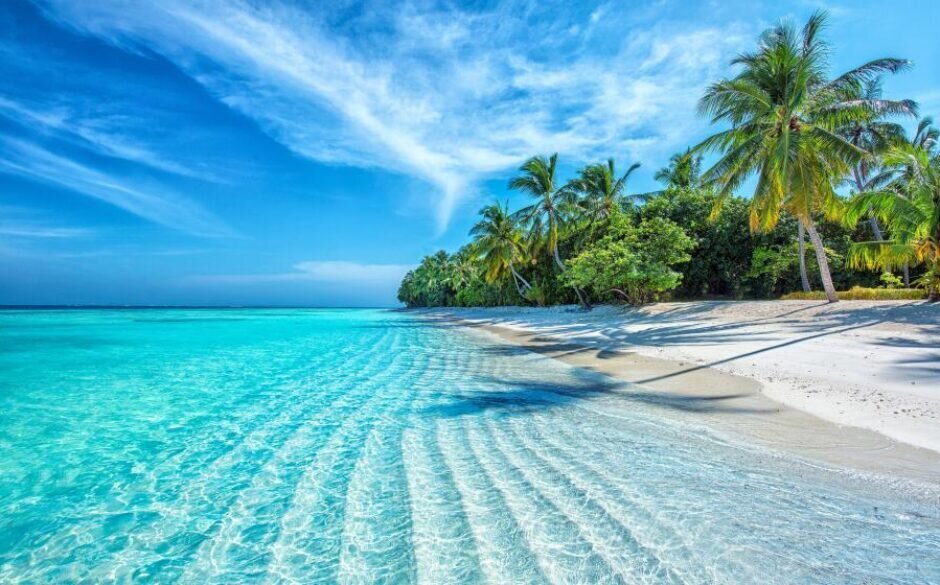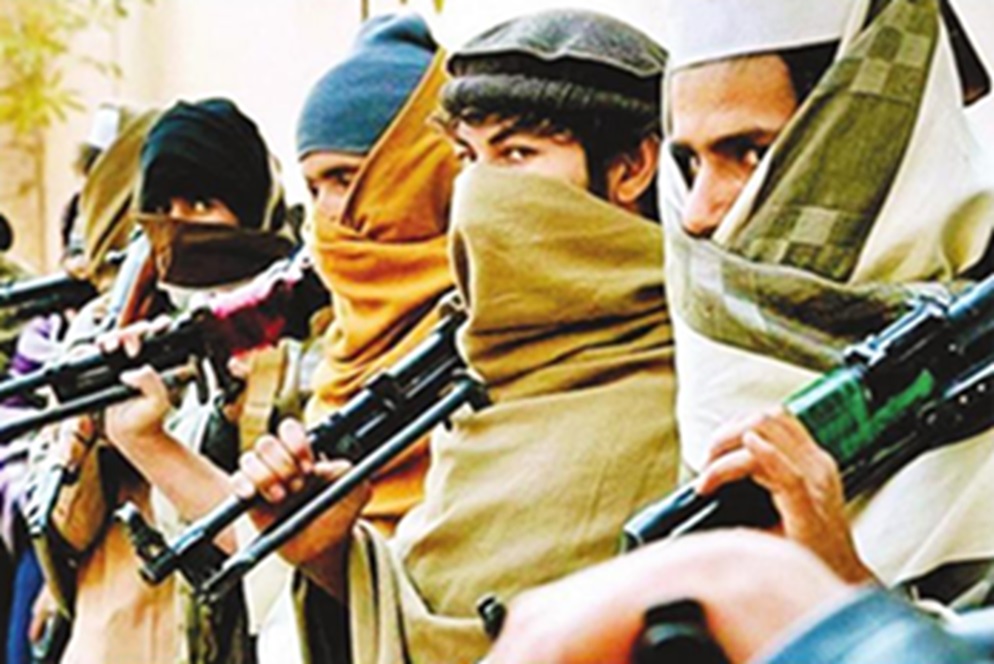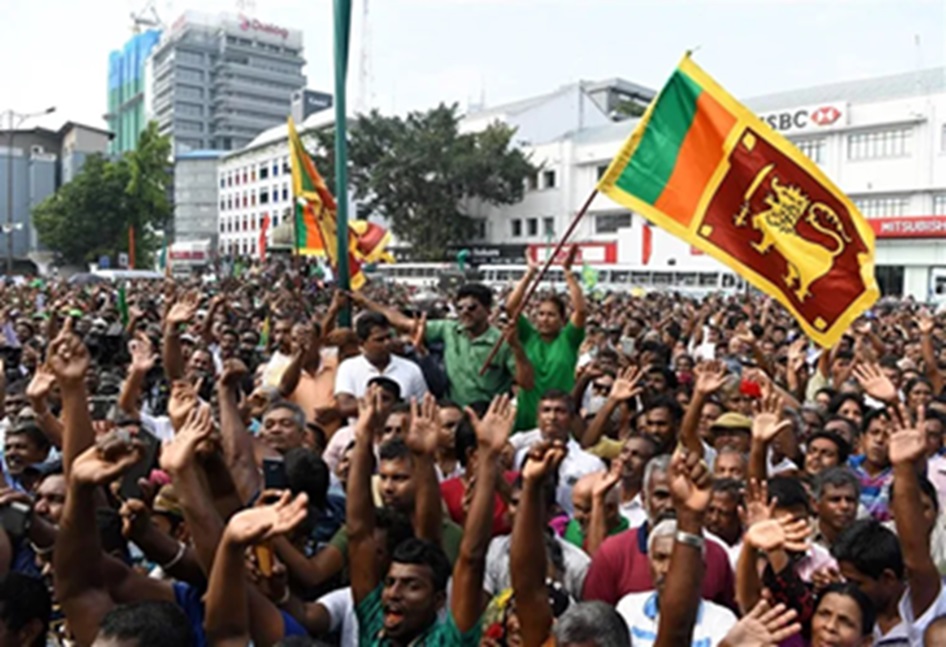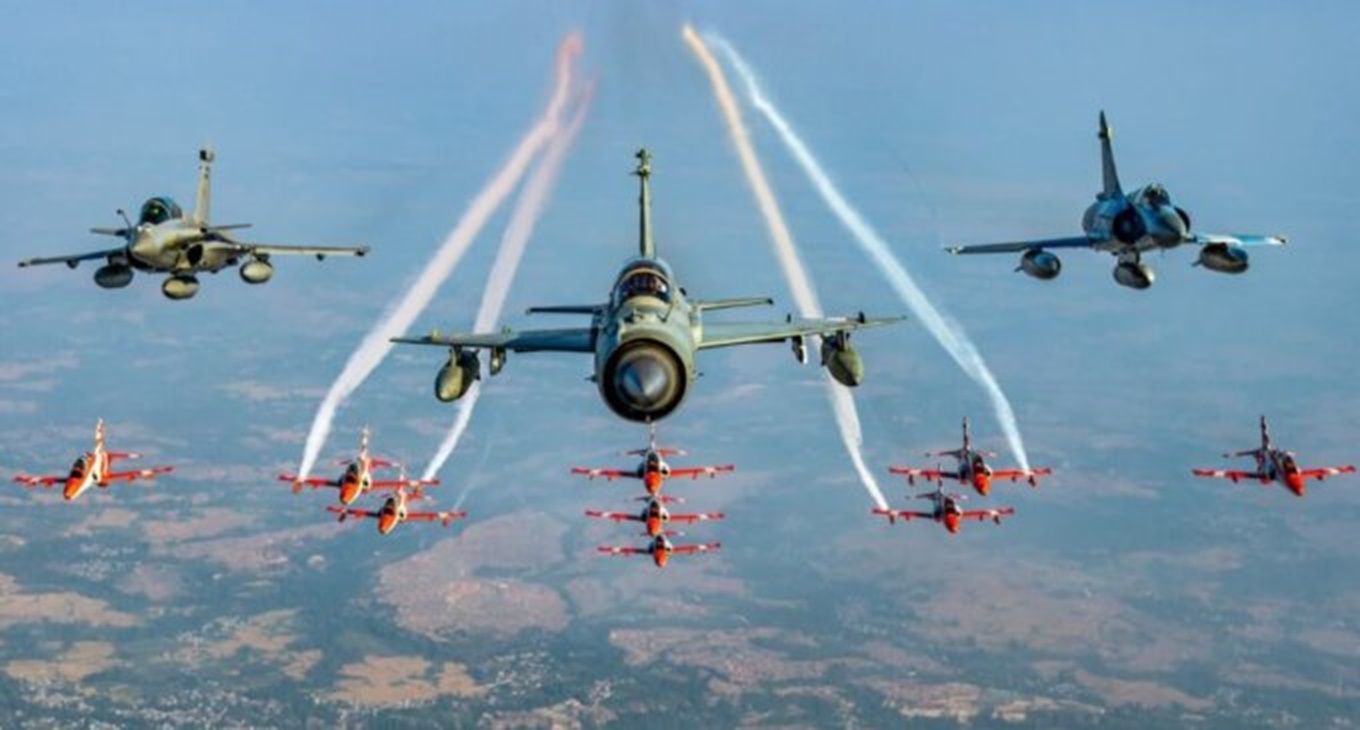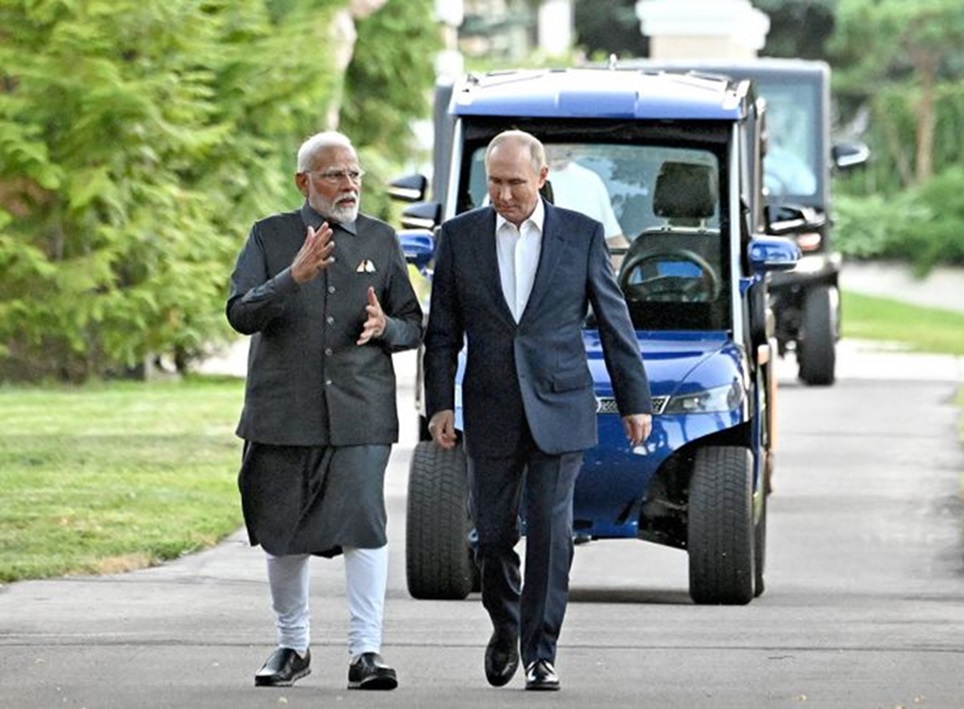India has very close relations with Maldives and any decision to scale down Indian military presence in Maldives will be based on instructions from the Central Government, Indian Naval Chief, Admiral R Hari Kumar has made his position clear during a press conference in New Delhi recently.
The recent Presidential Election in Maldives was being observed by many countries around the world. The reason was simple, Maldives is seen as an important island country in the Indian Ocean Region (IOR) that has seen many changes in its governance in the past. The past political leaderships were accused of orchestrating a slide in Democratic norms and with various small islands in the world getting entangled in Geopolitical rivalry between the USA and China, it is quite obvious that the recent Presidential win of Mohamed Muizzu, with his ambitions, is an important development.
With more and more small and developing island nations gaining importance in the world affairs from security and geopolitical point of view, it can be rightfully expected that Maldives will also see ‘Great Power’ competition in the years to come. Also as in the past, we have seen how the Political elites mishandled the economic situation in Sri Lanka, which caused a great deal of concern both for India and the West, it’s now important to analyze what happens next in Maldives.

Strategic Importance of Maldives
One has to understand why the nature of government ruling Maldives largely defines its strategic importance in the IOR. We can view from two perspectives, one being its importance for India and second being primarily to the USA. For India, Maldives’ geographical location is very important. The Maldives is geographically positioned like a ‘toll gate’ between the western Indian Ocean chokepoints of the Gulf of Aden and the Strait of Hormuz on the one hand, and the eastern Indian Ocean chokepoint of the Strait of Malacca on the other. This position is very close to the key International Shipping Lanes (ISL) which ensure around 50% of India’s external trade and 80% of energy imports. This is an importance factor for India’s rival China.
Apart from India, the USA also places importance to Maldives. According to the Integrated Country Strategy Document of the Department of Defence of the USA, Maldives is a valuable partner and an integral part of the Indo-Pacific. Now we all know that if the term Indo-Pacific is mentioned, it will definitely have a bearing on the Chinese. Secondly Maldives has played an active role in addressing the challenge of Climate Change in the UN. Third, the election of President Solih since 2018 has ensured that the US vision of Democratic norms in the island nation has seen elevation which has benefitted the USA in terms of diplomatic gains and overall trade relations. The key concerns in Maldives as per the US include threat of extremism and terrorism, corruption and sovereign debt (mainly from Chinese lenders), constraints of social institutions, civil society and freedom of the media. These are all linked with Democratic norms and values.
Interests of China
The Chinese have many vital interests in Maldives. It first began engaging with IOR nations in the year 2008. Prior to that, China didn’t even have any large presence in the IOR. But as most of China’s exports also transit through the ISL routes near to Maldives, China began developing closer relations with the former President Yameen Abdul Gayoom’s administration during 2013-2018. These closer relations helped China to also strengthen its ‘String of Pearls Theory’ to encircle India. The next Chinese interest is the expansion of the BRI initiative through the Maritime Silk Route just like it has done in Sri Lanka. China also has ambitions to increase its investments in Maldives, where it wants to undertake infrastructural projects, one being the China-Maldives Friendship bridge.
But one is concerned with the fact that just like any other small developing nation, China will use its influence to form close relations with the authoritarian regimes all over the world to advance its interest in the world, one key venue being the UN where a number of countries dependent on China follow its policies, one being the issue of Taiwan. If the Maldivian leaders become more authoritarian, we can expect more corruption and decisions being taken in favour of China. Already Maldives features among the top 5 countries which have more outstanding debt with China. Maldives features among the countries with the biggest debt burdens in relative terms to China. Maldives owes around 29 percent of its Gross National Income as debt to China. This can lead to a situation similar to Sri Lanka where the country faced its worst economic crisis in decades and one of its key ports, the Hambantota Port was leased to China over a period of 99 years.
India Out Campaign
One of the key concerns for India in Maldives has been the ‘India Out Campaign’ happening since 2021, which started with recurring articles and social media posts attacking the Indian High Commission and the Diplomats posted there. It was found that those posts were generated through a local news publication ‘Dhiyares’ and its founder was engaging in excessive anti-India campaign. The role of Opposition political parties was also confirmed when former President Abdula Yameen Abdul Gayoom along with his coalition allies like Progressive Party of Maldives (PPM) and People’s National Congress (PNC) made this slogan more viral during various events highlighting how the incumbent government of Maldivian Democratic Party (MDP) was following an India First Policy and was ignoring the interest of the Maldivians.
President Yameen along with the opposition primarily demand that all military and defence ties with India should be stopped. This can from two reasons. One to reestablish relations with China, second to garner local support from the citizens to prove how the Solih government is falling under the trap of India and giving control of Maldivian military and personnel control to India, like allowing India to use the dockyard in Uthuru Thilhafalhu, thereby ceding sovereignty to India. Therefore, it will be interesting to see whether this India Out slogan will continue in the long run even after the defeat of President Solih. Surprising thing is that the Defence pact with India was signed under President Yameen only where he described India as “the most important friend of the Maldives.” Which adds speculation that this whole campaign is to garner votes in name of nationalism and alleging MDP as being anti-national.
Presidential Elections based on Domestic Policies
The key question in everyone’s mind is whether the recent election results was indeed due to the popularity of the ‘India Out Campaign’, or more of the domestic policy fundamentals ? Muizzu’s success in the elections can be largely attributed to concerns about Solih’s handling of corruption allegations and fractures within his own party, rather than on choosing sides with India or China. Even in his own words, Muizzu said that “Maldives is too small to be entangled in geopolitical rivalry. I am not very much interested to engage Maldivian foreign policy in this.” This statement is very much similar to what other small island nations like Sri Lanka have adopted in IOR with relations to India or China to garner maximum benefit from both sides.
President Muizzu also says that the people of Maldives has voted for him to remove the Indian troops presence in Maldives. But this seems far from true because if that would have been the case, then the people would have protested right from the day when former President Yameen signed defence pact with India in 2016. Also, Indian armed forces have played an instrumental role and have closely worked with the Maldivian counterparts to enhance the overall defence and security capability of the Maldives. So why would the Maldivians themselves deny the opportunity to enhance their security capabilities while working with other countries ? Also, if every Maldivian citizen had similar sentiments, why would they still go out and give around 46% of votes to incumbent President Solih ?
Recommendations for India
The India Out campaign seems like a propaganda to garner votes. Hence India should be cautious to balance its relations with the incoming administration. It would be a mistake for India to analyze the election or its foreign policy consequences only through the lens of India Out Campaign or India-China Competition. Maldives has had a long and successful tradition of positioning itself “alongside” major powers, while also maximizing its autonomy just like what India does. Also, one should note that USA and Australia, two QUAD members have also established similar defence pacts of training just like India, but they haven’t faced any ‘USA or Australia out’ campaign yet. Because both these are vital for Maldives economic growth. Hence India should maintain its relations with Maldives as of now.
Conclusion
As briefly discussed above, the Maldives elections may seem like a setback for India now, but still maintaining ties with Maldives in economic terms is important for India, especially since even the former foreign minister of Maldives believes that ties with India are special and can’t be severed under any circumstances.
Title image courtesy: https://www.authenticindiatours.com/
Disclaimer: The views and opinions expressed by the author do not necessarily reflect the views of the Government of India and Defence Research and Studies

